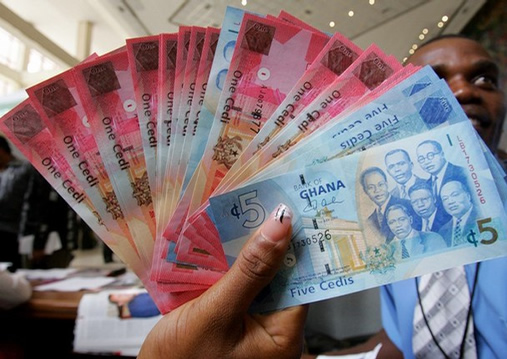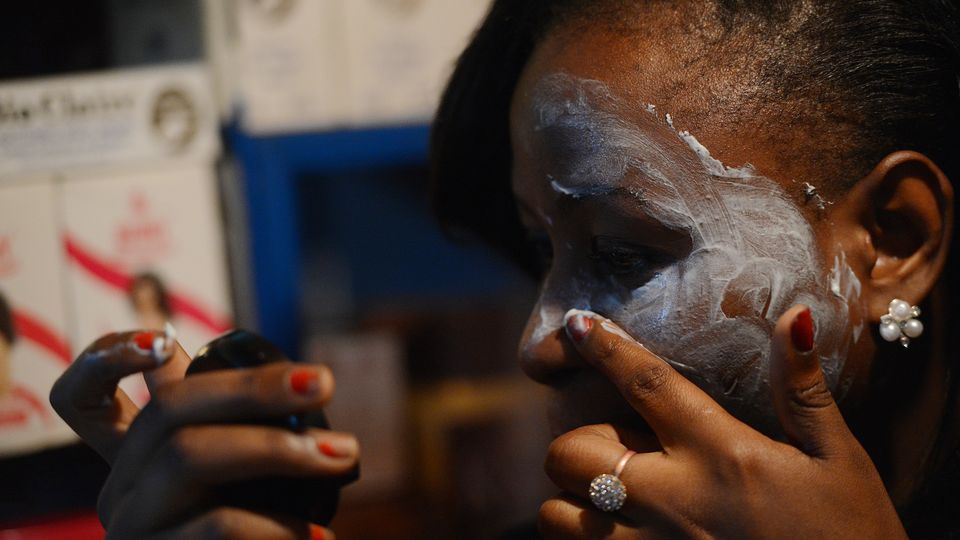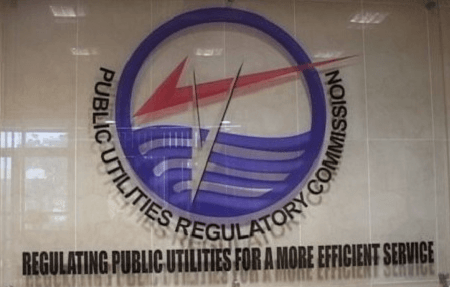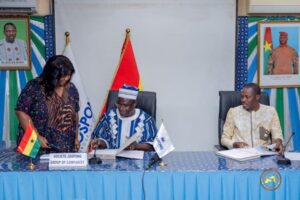
Two leading policy think tanks, CUTS International Accra and the Center for Environmental Management and Sustainable Energy (CEMSE), have condemned the Public Utilities Regulatory Commission (PURC) for its lack of transparency in the decision to review electricity tariffs, effective July 1st, 2025. The tariff adjustment violates Section 3(c) of Act 538 of 1997, which mandates fair electricity pricing for the mutual benefit of the government, producers, and end-users.
In a joint statement, Appiah Kusi Adomako, West Africa Regional Director for CUTS International, and Benjamin Nsiah, Executive Director of CEMSE, stated that the PURC’s tariff adjustment lacks regulatory transparency. Consumers had expected a significant reduction in electricity tariffs due to the appreciation of the Ghanaian cedi against the dollar and declining inflation, which are key determinants of end-user tariffs.
Instead, the PURC announced a 2.43% increase in electricity tariffs, introducing new end-user tariff determinants contrary to expectations of a reduction in the third quarter of 2025.
As Civil Society Organizations (CSOs), we reject the PURC’s tariff adjustment for the following reasons:
- Exchange Rate Appreciation:The cedi appreciated by over 30% between the first and second quarters of 2025, from $1/Ghc15.70 to $1/Ghc10.31. This appreciation means end-users overpaid by 30% in previous quarters, resulting in a windfall of approximately Ghc1 billion for the government and distribution companies. These funds could have been used to offset arrears or procure emergency fuel, rendering the tariff increase unjustifiable.
- Inflation Miscalculation:The PURC used an inflation rate of 20.67% instead of the current 18.4%, despite consistently using higher rates in previous quarters (22.49% in Q1 and Q2 2025). Declining inflation reduces operational costs, and these savings should benefit consumers, not the government and power sector providers.
- Insignificant Gas Cost Increase:The Weighted Average Cost of Gas (WACOG) rose by only $0.08 (1%), a negligible impact compared to previous quarters. For instance, a 25% WACOG increase in Q2 2024 led to only a 3.5% tariff hike. The cedi’s appreciation further diminishes the justification for this adjustment, making the tariff increase economically dishonest.
- Unaccounted Arrears:The PURC cited Ghc488 million in arrears as grounds for the tariff hike, ignoring the Ghc1 billion windfall from currency appreciation. This lack of accountability and transparency undermines trust in the tariff-setting process.
- Exclusion of Stakeholders:The PURC failed to engage stakeholders before introducing fuel costs and reserve margins into the tariff decision. The 27% fuel cost component lacks transparency, with no clear simulations, fuel price disclosures, or procurement details provided. Similarly, the reserve margin allocation remains opaque, with no attached figures or percentages.
If care is not taken, PURC’s frequent upward tariff adjustments could succeed in the creation of an energy sector that is not efficient. PURC must address the systematic issues like the commercial and technical losses that have bedeviled the electricity sector rather than asking Ghanaians to pay more for a sector that has not learnt the best practices.
The lack of participation, transparency, and accountability in setting the Q3 2025 tariff undermines fairness in Ghana’s electricity pricing. We urge the PURC to halt the 2.43% tariff increase and demand a detailed disclosure of the tariff adjustment methodology and underlying assumptions.
The post Electricity Tariff Hits The Roof Despite Cedi Appreciation; CUTs, CEMSE Worried appeared first on The Ghanaian Chronicle.
Read Full Story

















Facebook
Twitter
Pinterest
Instagram
Google+
YouTube
LinkedIn
RSS